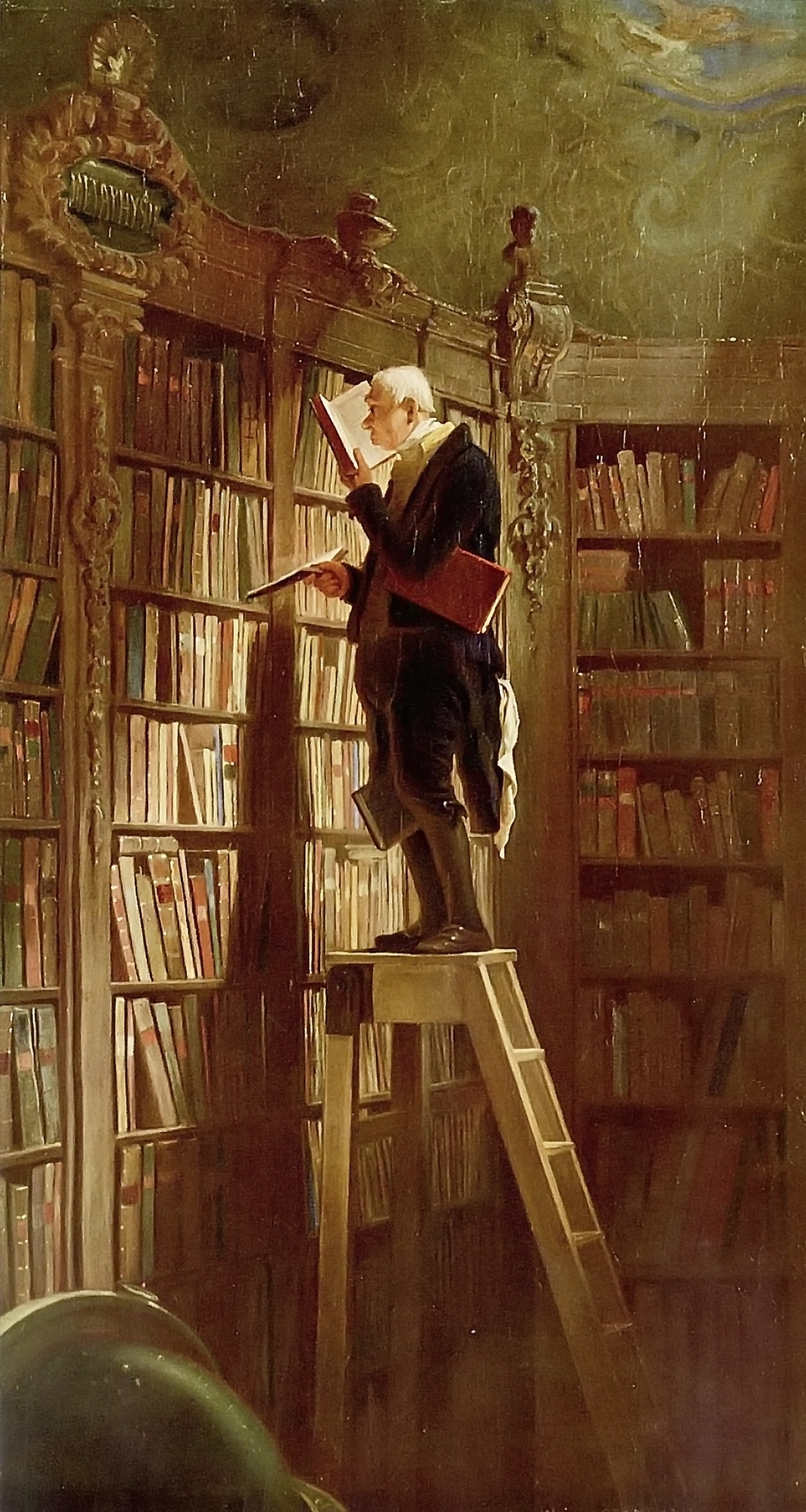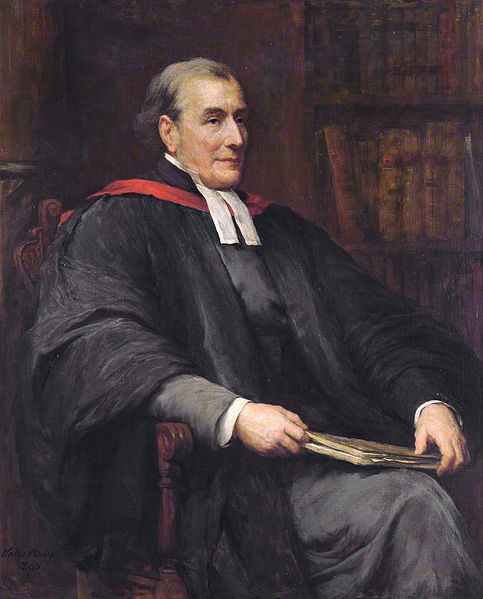
Thomas Blacklock 「Adam Eard-Apple」
On Cruelty to Animals
The Bee
「1791-Feb-09」Adam Eard-Apple「Thomas Blacklock」, “Cruelty to Animals,” The Bee, Or Literary Weekly Intelligencer 1 Google Books 211-214). 「Alvin Sullivan in British Literary Magazines: The Augustan Age and the Age of Johnson identifies “Adam Eard-Apple” as Dr. Blacklock (Greenwood Press, 1984)」.
On Cruelty to Animals
Nocuit fua culpa duobus. Ovid. Met. lib. xv. v. cxv.
His fault to both was fatal.
To the Editor of the Bee.
Sir,
I FORMERLY told you that I was not an original genius; and of consequence my thoughts must chiefly arise from occurrences that happen under my own observation, which you may insert or suppress according as you think, them acceptable to the public or not.
The following speculation was suggested by an event which, though distant in time, affects me still with a sensation, rather to be felt than described.
As I was walking with a young lady from the New Town to Leith, I saw a monster who conducted a cart heavily laden, of which, the horse, pressed with his burden, had fallen. The unfeeling wretch, with implacable fury, lashed the prostrate creature, or alternately struck him with the handle of his whip, till our souls were agonized with the prospect. “Oh heaven !” cried the lady, whose frame shuddered in every nerve with horror and compassion, “why do you torment the poor creature in such a manner?” The fellow, who, to insensibility of heart, added depravity of mind, gave her such an answer as would be too brutal to repeat. He continued his diabolical operation on the poor animal, who at last, after much struggle, and many a vain effort, raised his heavy burden, and recovered his feet.
To me, unless I had seen it, it would hardly have been conceivable that one living being should be thus capable of tormenting another. I could not have imagined that education and habit could have such dreadful effects upon a rational being. Predatory animals, indeed, with unsatiable voracity, devour the victims which they pursue; but they are stimulated by the rage of hunger, and probably unconscious of the pain they give; even boys do not torment flies, reptiles, insects, and birds, from a wanton propensity of giving anguish; they are only amused by the strange contortions and uncommon attitudes into which the creature is thrown by what it suffers; yet this cruel custom loudly demands severe animadversions from parents and tutors; but for a man, endued with a rational soul, thus to harden his heart against the sharp compunctions of nature, is in my view a degree of wickedness that is scarce conceivable.
I am not even convinced that those philosophers are not deserving blame, who, for the sake of experiment, put poor animals to excessive and agonizing pain; important indeed should the objects aimed at be, which should authorise such cruelties; and are the objects of research, for which such experiments are made, always of great importance? Or, can the facts wanted be ascertained in no other way? It is surely on these conditions alone they should be tolerated. We are told by an ancient oriental sage, “that the merciful man will be merciful to his beast; but the tender mercies of the wicked are cruelty.” I am no Pythagorean; yet my soul abhors the gratuitous and wanton cruelty daily practised upon animals.
If necessity should extort from us the otherwise unnatural measure of hurting or even of killing them, let it be done with a gentle hand, and a compassionate heart.
The lamb thy riot dooms to bleed to-day,
Had he thy reason would he skip and play?
Pleas’d to the last, he crops the flow’ry food,
And licks the hand just rais’d to shed his blood.
Pope’s Essay on Man, Epist. I, 1. 77-80.
Humanity is one of the most pleasing and important feelings of our nature. It enters into all our conduct; it is the mother and guardian of the virtues, which without it would degenerate into selfish habits or mercenary collusions.
Next therefore to piety towards heaven, let us cultivate these precious sentiments; let us beware of becoming spectators in scenes of cruelty, lest, by repeated and horrid spectacles of this kind, we lose the sympathetic sense which vibrates at the pain of another. When the natural horror of recent blood, even shed by animals, is lessened or extinguished in us, we soon transfer the same callous disposition to sufferers in our own species; and when any advantage of their persons, fortunes, or reputations, may be taken with impunity, which either gratifies our avarice, our taste for illegitimate pleasure, our ambition, or our revenge, we improve with avidity the infernal occasion, till at last we fall the victims of our own infatuation, and suffer the miseries which we have inflicted. Domitian and Caligula did not arrive at the height of their atrocity all at once. “Is thy servant a dog, said Hazael, to the prophet that he should do these things?”
But I fear I have dwelt too long on this subject, though in itself interesting, and hall therefore conclude with subscribing myself Your, most humble servant,
ADAM EARD-APPLE.




